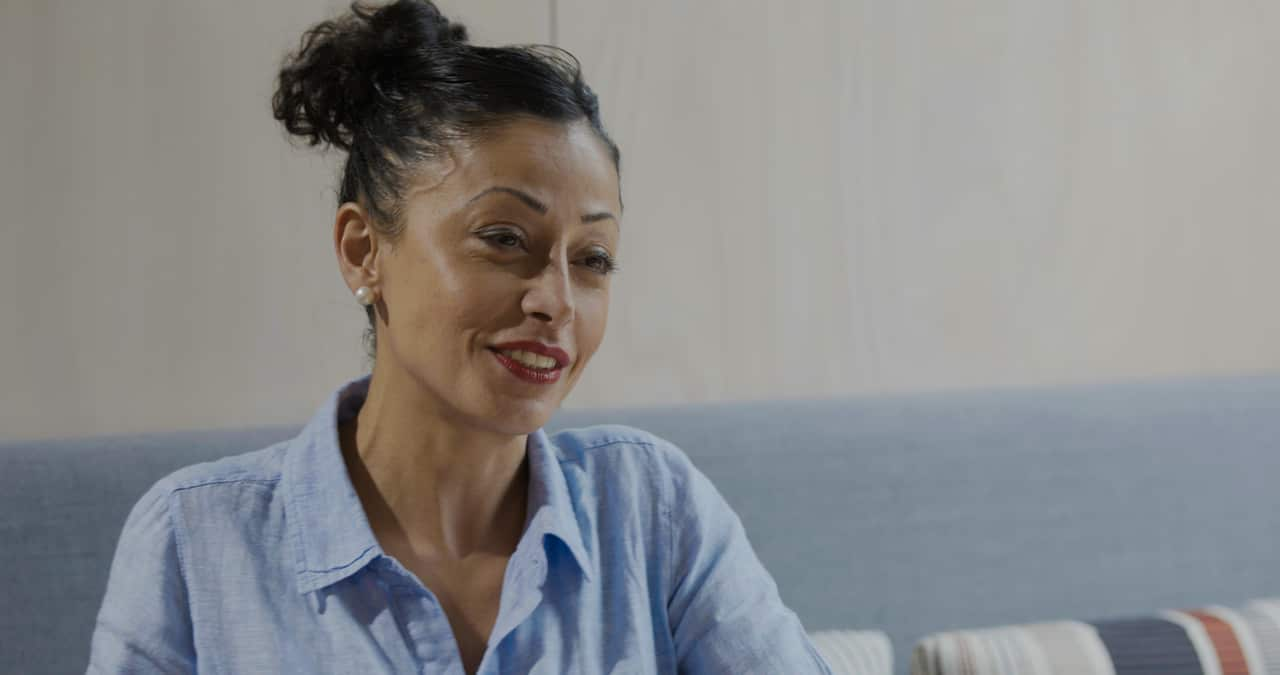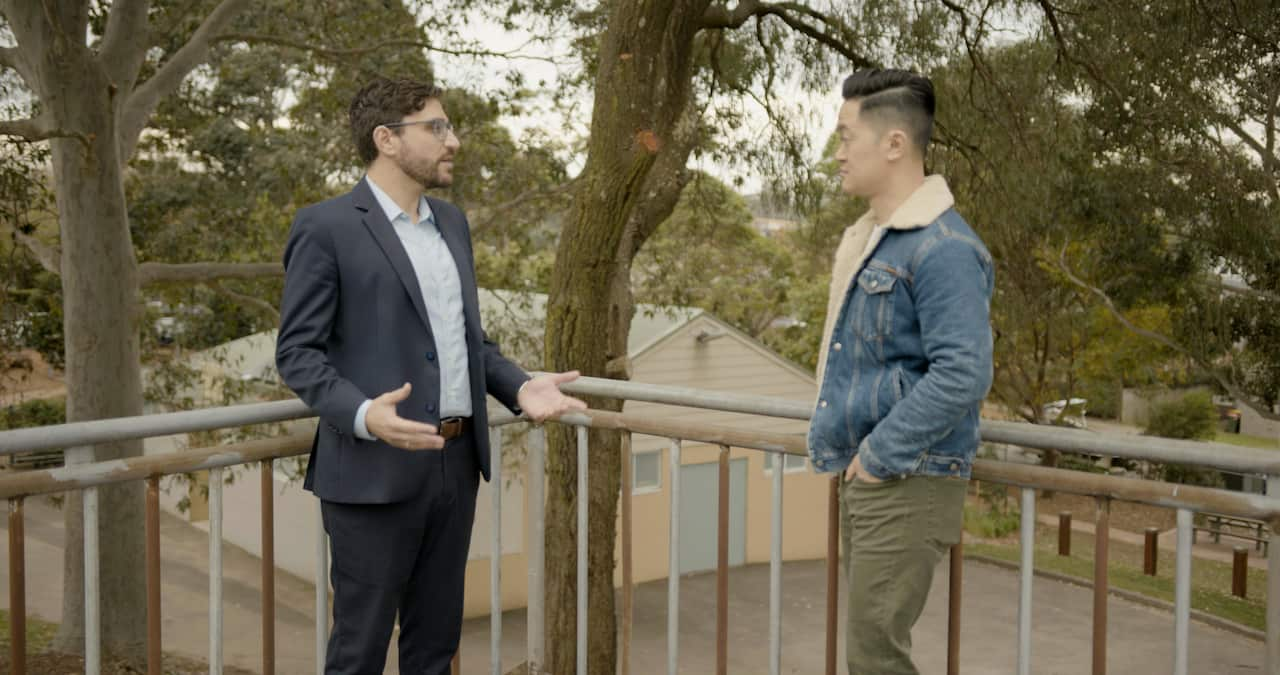Sickened by the live export trade? Worried about animal cruelty or the impact of fossil fuels on the environment and your children’s future?
All around the world, we’re seeing a profound cultural shift in the way we live our lives, from avoiding fast fashion to shifting to more plant-based meat alternatives.
It’s all about lightening our ethical footprint in the interests of the environment - and, critically, about exercising our power as consumers to send a message to industries that don’t align with our values.
Addressing climate change is of particular concern for Australians, with over 83 per cent of Australians supporting a phaseout of coal-fired power stations.
The ethical consumption movement is no longer just about cutting down on plastic bags, choosing clean energy, or buying electric cars, however.
More and more of us are making ethical choices when it comes to choosing banks and other financial service providers. It’s called the clean money banking revolution.
Where your money goes effectively shapes the world we live in – and the future we’d like to see, says Shatha Hamade, legal counsel for Animals Australia.
The fossil fuel sector, intensive animal farming and live animal export companies source their funding from banks and superannuation funds. Your money can end up being loaned to industries which do not align with your values – think coal mines, live animal exports or coal-fired power stations.
For a big slice of the population, however, a bank remains just a bank – a value-neutral repository for our money or a provider of loans.
Addressing that knowledge gap is critical, she says.
“We’d encourage people to consider that the money they have in their bank doesn’t just sit there – it’s used by those institutions to lend to or invest in industries – and that those industries may not align with your values. It’s alarming to think that your hard-earned dollars may be propping up practices you don’t agree with – be it fossil fuels, weapons manufacturing or, gambling, or animal cruelty.”
By choosing to avoid or divest their investments in industries doing harm, responsible banking providers are sending a signal about their values and ethical responsibilities. That’s why it’s critical for consumers to choose carefully when selecting banks or other financial services providers, Hamade says.

Since 2016, Australian banks have loaned over $35.5 billion to the fossil fuel sector, according to a Market Forces survey. This fact alone should ring alarm bells for those concerned about climate change, says Richie Merzian, Climate and Energy Program Director, The Australia Institute.
“You can’t solve climate change without sorting out the financing,” he says. “It is, after all, one of the three long-term goals of the Paris Agreement - making sure finance flows consistent with a pathway towards low greenhouse gas emissions and climate-resilient development.”
There are other, more practical, upsides to choosing to support responsible banking companies. The Australia Institute’s research shows that the energy sector (mainly fossil fuel companies) was the worst performing sector in the ASX 300 over the last decade, Merzian says.
“So shifting out of fossil fuel-aligned investments, and the institutions that support them, isn’t just good for the climate, it’s good for the wallet.”

So what exactly is clean money?
At its most basic level, this is funding that causes no harm to people or the planet. From investing in disability housing projects and clean energy projects, to consciously not investing – or divesting interests – in live animal exports, fossil fuels and arms, banks globally are backing an ethical investment message that’s reshaping the world.
So what are some of the factors driving this global revolution?
Hamade points to the rise of a global demographic made up of tech-literate, informed, environmentally conscious consumers who are tuned into the 24/7 news cycle and have a keen interest in social issues.
“An informed and empowered community is driving the revolution towards ‘clean money’ financial services, including banking,” she says. “Until now, issues that do not align with the moral and ethical sentiment of our community – like animal cruelty – have been largely ‘hidden’ from us by the companies that participate in such practices.
“But all of this is changing. Access to information has become easier through the internet and especially social media. People are asking more questions and seeking greater transparency. This has facilitated a more informed and empowered community. It has also enabled people to make the direct link between the money they have at their banks and where that money is being spent by banks to fund industries and practices.
“People understand their personal power as a consumer, a customer, a voter, and a citizen. And in doing so, people are embracing their responsibility to be engaged, conscious citizens and understand that every dollar they spend or company they choose to support is a vote for the kind of world they want to live in.”
Richie Merzian agrees. “Australians care about addressing climate change as observed over years of The Australia Institute’s Climate of the Nation survey, and this is fuelling support for clean and even climate action-orientated financing institutions.”
So how do we go about making the switch?
Research is key. First and foremost, look into your bank’s responsible banking policy, says Hamade. Does it loan money to the arms industry? Where does it stand on intensive animal farming? Independent organisations like Animals Australia, Don’t Bank on the Bomb and Market Forces can provide that information.
“Banks are major enablers of big business. So when banks, like Bank Australia, decide to align their policies with the principles of their community – towards a greener and kinder planet – the impact is huge.”
As part of its approach to the critical issue of climate change, Bank Australia, for example, does not lend to coal, gas or oil extractions or fossil fuel electricity generation. Similarly, by not lending money to organisations that use intensive animal farming systems like battery caged hens and sow stalls, or live export companies, it is sending a strong message about where it stands on such sectors (you can find out more on Bank Australia’s responsible banking policy).
“It’s clear through our work in this space so far that banks really care about what their customers think,” says Hamade. “And this is what has set Bank Australia ahead of the rest in taking an ethical stand on an issue so many Australians care about.”
Bank Australia believes in a fair and just world – working with their customers to use money as a force for good to help create positive impact for people, their communities and the planet. Does your bank align with your values? To join the clean money movement, go to bankaust.com.au/cleanmoney

